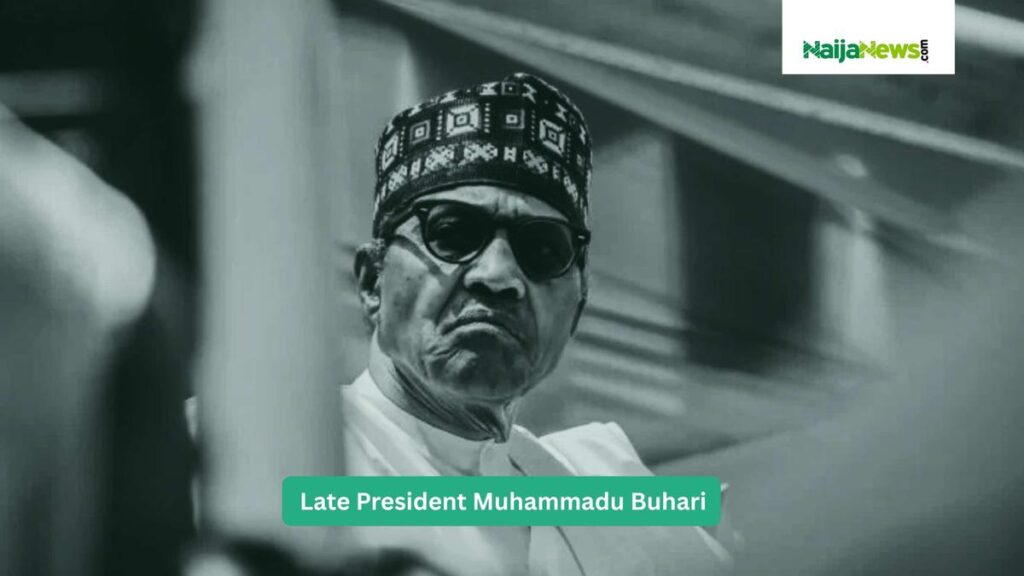Muhammadu Buhari: Reflecting on the Past to Shape Nigeria’s Future
Nigeria mourns the recent passing of its former President, Muhammadu Buhari, whose demise has stirred a mix of emotions across the nation. As the country prepares to bid farewell to this iconic leader in his hometown of Daura, Katsina State, amidst solemn tributes and prayers, it is imperative to move beyond mere homage and delve into the crucial lessons that his tenure offers.
A Presidential Legacy: Lessons Learned
Buhari’s presidency, spanning from 2015 to 2023, was a period marked by significant highs and profound lows. Despite his initial portrayal as a decisive military figure ushering in a new era for Nigeria, the reality of his legacy paints a picture of a nation grappling with heightened divisions, escalating insecurity, and economic fragility.
A Promise Unfulfilled
Upon his election victory in 2015, Buhari’s ascension to power was hailed as a watershed moment in Nigerian politics, symbolizing a shift towards security, anti-corruption, and economic recovery. However, the early signs of his administration’s challenges were evident, with a prolonged delay in forming a functional cabinet setting the tone for a tenure marred by cautious decision-making and a perceived disconnect from the pressing issues facing the country.
Security Concerns
While Buhari’s administration made initial gains in combating the Boko Haram insurgency, the peace was short-lived as new security threats emerged across various regions of Nigeria. The government’s response to these escalating security crises often appeared inadequate, leaving many citizens feeling abandoned and vulnerable in the face of rising violence and unrest.
Economic Struggles
Despite efforts to revive the economy through protectionist measures, such as border closures and forex restrictions, Buhari’s tenure witnessed Nigeria slipping into economic turmoil. High unemployment rates, soaring inflation, and a weakening national currency contributed to a growing sense of financial instability, with millions of Nigerians grappling with poverty and dwindling prospects.
Anti-Corruption Campaign: A Selective Stand
Central to Buhari’s agenda was the fight against corruption, yet critics argue that the administration’s approach was often perceived as biased and ineffective. While high-profile cases garnered attention, the lack of consistent convictions and a perceived lack of accountability raised doubts about the credibility of the anti-corruption crusade.
Leadership Void
One of the enduring criticisms of Buhari’s presidency was his perceived aloofness and limited engagement with the populace during times of national crisis. The absence of decisive leadership and effective communication further alienated many Nigerians, who yearned for a more visible and responsive governance style.
Charting a New Course
As Nigeria transitions to a new chapter post-Buhari, the onus falls on future leaders, including President Bola Ahmed Tinubu, to heed the hard-earned lessons of the past. Tinubu’s administration must prioritize transparent communication, proactive governance, and a commitment to inclusive policies that address the root causes of insecurity, economic instability, and governance lapses.
By learning from the missteps of the past and embracing a bold vision for progress, Nigeria’s leaders can steer the country towards a brighter future, one that honors the aspirations of its citizens and upholds the values of accountability, unity, and prosperity.
Reflecting on Buhari’s presidency serves as a poignant reminder of the consequences of unfulfilled promises and the imperative of demanding excellence from our leaders. As Nigeria embarks on a new era, the echoes of the past must guide the nation towards a path of renewal, resilience, and genuine progress.
By Richard Ogunsile Joshua


